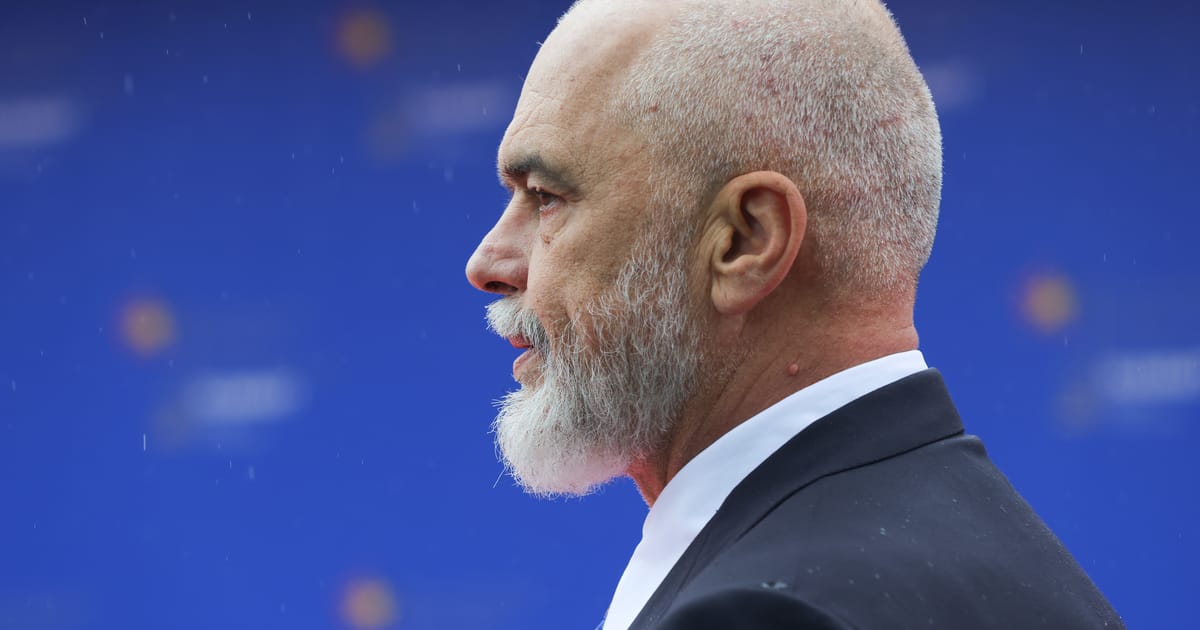

In a world continuously shaped by dynamic changes across various sectors, several noteworthy developments have unfolded that impact the global economy and the media landscape. These changes bring both challenges and opportunities as societies navigate the evolving landscape with prudence and innovation.
In Albania, the ambition to transition into the first cashless society marks a bold vision on the part of the country’s leadership. This aspiration presents a noteworthy shift, particularly in a nation where trust in banking systems has traditionally been low. Moving towards a cashless economy reflects a broader trend of digitalization sweeping across global financial systems. However, the path is laden with hurdles that include addressing public concerns and building a robust digital infrastructure equipped to handle societal needs securely.
Meanwhile, in Australia, the economy grapples with the aftershocks of a significant inflationary episode. While inflation rates have come down from the peaks seen in recent years, benefiting from a moderate pace of pricing, the challenge of high living costs continues to linger. The Australian Reserve Bank’s successful navigation of inflation towards its target range offers some solace, but the lasting impact on households suggests that the road to economic normalization might extend further than anticipated. The scenario calls for strategies that not only address current financial challenges but also prepare the economy better for future shocks.
Across the Atlantic, the European Union is experiencing shifts in investor confidence triggered by recent trade agreements with the United States. As a new trade deal materializes between President Donald Trump and European Commission President Ursula von der Leyen, there is a perceptible dip in investor sentiment across the eurozone. This development underlines the intricate balance required in international trade negotiations where geopolitical maneuvers have tangible economic repercussions. Despite such challenges, the overarching goal of mutual economic benefit remains a core objective, with hope for stabilization and renewed confidence in future dealings.
In the realm of media, the upcoming launch of the California Post by the New York Post Media Group signifies a strategic expansion into different geographical and cultural markets. Known for its vibrant and sometimes controversial reporting, the New York Post aims to replicate its distinctive style on the West Coast, accounting for regional interests while maintaining its established brand identity. This expansion reflects a broader trend in media where diversification and adaptation to local flavors are crucial in capturing new audiences while retaining existing ones.
In conclusion, as these developments unfold, they reveal the importance of adaptability and forward-thinking in both economic and media sectors. Whether it is transitioning to a cashless society, managing inflationary impacts, navigating complex trade ecosystems, or expanding media presence, the underlying theme is centered on evolution. As societies worldwide embrace these transformations, the focus remains on creating a balanced environment where progress meets preparedness and diverse opportunities are embraced with optimism.
Source: {link}
